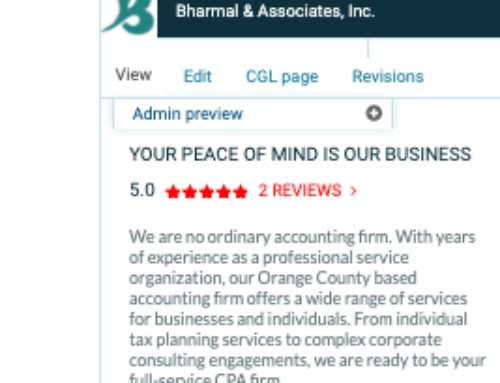Employee legal issues can arise at any time. They can be expensive and even ruinous to your business. Here is a trio of common issues you should understand in order to prevent them.
Compliance with Wage Requirements
Are you classifying your employees correctly in accordance with the Fair Labor Standards Act (FLSA)? Previous year alone, there was an 8% increase in the number of lawsuits filed addressing alleged violations of the FLSA. Employees under the FLSA are classified as either exempt or non-exempt. Typically, salaried employees are exempt, while hourly employees are non-exempt and eligible to receive overtime. A salaried employee generally has a specific amount that they can count on each pay period. Generally speaking, those with managerial duties and the ability to hire and fire are exempt employees. To protect yourself and your business, make sure you create job descriptions for all of your employees, and be sure those descriptions match up with their classifications.
Workplace Safety Hazards
There are potential hazards in every type of business. To understand the hazards in yours, get a free consultation with the U.S. Department of Labor’s Occupational Safety and Health Administration (OSHA). Consultants are usually employed by state agencies, colleges or universities. They will provide on-site consultation services and give priority to particularly hazardous industries. A consultant will begin the consultation with a discussion, followed by a walkthrough of your business site. Later, they will follow up with a written report which contains information about the potential hazards in your business and how to prevent injury. The consultation is not conducted by official OSHA inspectors, so any existing violations in your business will not be reported to OSHA staff, and all information collected is completely confidential.
Employment Discrimination
Most business owners understand that they can’t discriminate in hiring based on race, color, religion, sex, age, disability or national origin. However, did you know that there are a number of questions that you can’t ask in a pre-employment interview? For example, you may not discuss pregnancy issues with a pregnant potential employee. These conversations are strictly prohibited in the hiring process. And, if an employee becomes pregnant, as their employer, you must offer maternity leave. According to the Family Medical Leave Act (FMLA), an eligible employee may take up to 12 weeks of maternity leave. In order to be eligible, they must have worked for the employer for at least a year. Whether or not the leave is paid or unpaid is determined by how much leave the employee has earned. However, they are entitled to take that leave unpaid if they do not have sufficient accrued leave. In the United States, antidiscrimination laws are enforced by the U.S. Equal Employment Opportunity Commission (EEOC). In addition to offering helpful information on their website, they also offer free educational and outreach programs. These are not the only legal issues that can arise with your employees. A smart business owner will have funds in reserve for consulting an attorney for legal advice. Should you ever have a question that could have legal consequences, consult with your attorney. And remember – consultative fees are much less costly than resolving a potential lawsuit.
Disclaimer: The information contained in this article is for general information purposes only and should not replace competent legal counsel.





